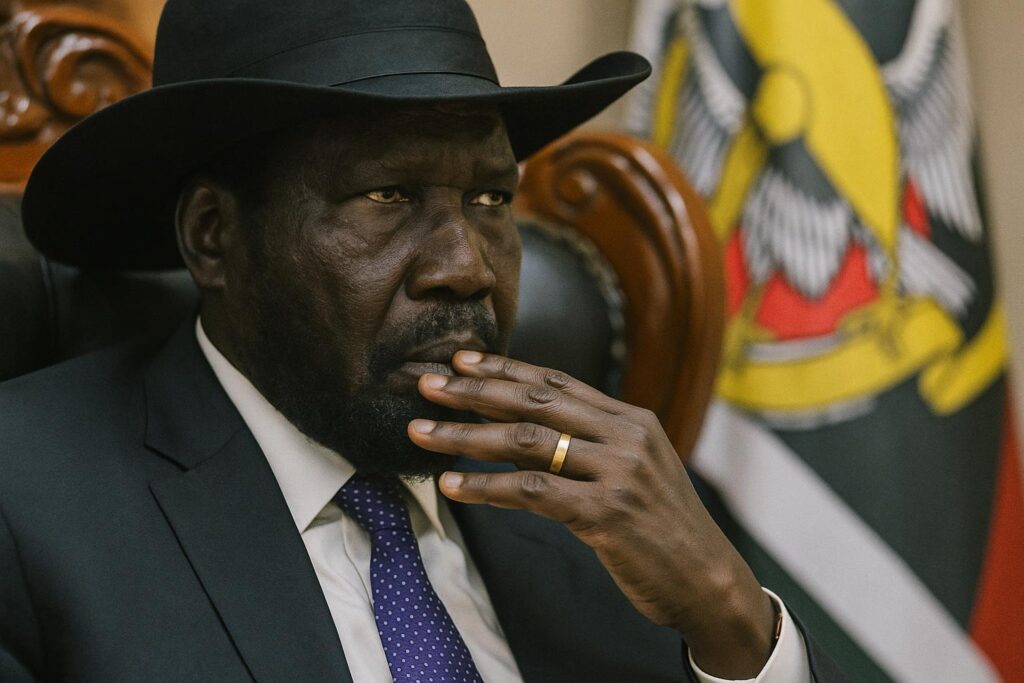Juba Watches Another Oath Ceremony
At State House in Juba, President Salva Kiir presided over the swearing-in of newly appointed officials, stressing national service above personal ambition. The televised ritual renewed public attention on his continuing bid to translate reform pledges into administrative reality.
Promises of Reform Resurface
Kiir urged the officeholders to privilege “the interests of the nation above all else,” echoing remarks made after earlier reshuffles. Supporters say the appeal signals consistency, while skeptics argue that rhetorical constancy has yet to dismantle entrenched networks.
Recycled Appointees Return
Tut Gatluak Manime reclaimed his seat as Presidential Adviser on National Security Affairs, only months after dismissal. Africano Mande Gedima re-entered government as Minister of Presidential Affairs, and Dr. Barnaba Bak Chol again took charge of Finance and Planning.
Their collective return illustrates Kiir’s practice of revolving trusted insiders through pivotal posts, a tactic admirers describe as continuity and critics frame as stagnation.
Economic Stakes Mount
Dr. Bak’s comeback coincides with a weakening South Sudanese Pound and rising consumer prices. Observers recall his 2024 oil-backed loan agreement worth up to 12.8 billion dollars, negotiated with a Dubai firm, and wonder whether previous fiscal strategies will be revisited.
Analysts Weigh Motives
Political commentator Michael Wani posted that the reshuffle reflects “eatology,” suggesting rotation preserves elite access to resources. Other experts, however, propose that recycling experience helps balance factions and prevents any single actor from consolidating power in the still-fragile state apparatus.
Citizens Gauge Prospects
Many South Sudanese greeted Wednesday’s ceremony with wary familiarity, noting past cycles of dismissal and return. Yet others retain cautious optimism, arguing that loyalty and institutional knowledge could, if aligned with accountability, steer the reform agenda toward tangible improvements.


